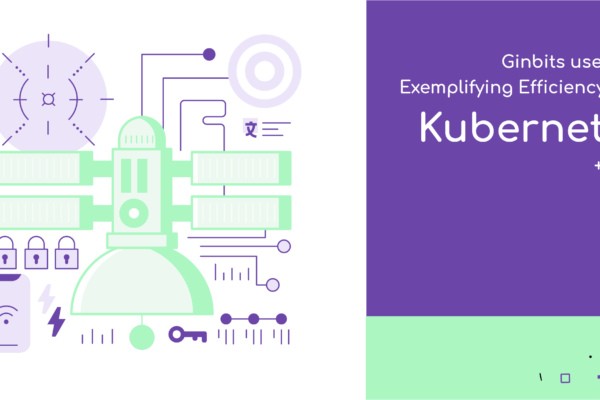Cookies are a gift and a “curse”
Author: Kostas Papanikolaou
Categories: Technology
Cookies are a gift and a “curse”
Do you remember the products you were browsing last month at that neat furniture website and wanted to return to check them in detail? No, you say? Well, cookies are here for you, to remind you of the wish list you created, and help you continue from where you stopped. Cookies are without a doubt one of the sweetest pieces of data a website can use, allowing web developers to offer users a more personal, convenient visit to their website.
Thanks to cookies, users are able to return to a website and start from where they left off the last time they were visiting it, skipping the “first visit” process. They allow websites to remember users, their logins, shopping carts, wish lists, items/services they have already viewed, and much more. Cookies are also the subject of a big conversation revolving around personal data protection and online privacy.
When used in a fair and clear manner, cookies are one of the greatest tools that web developers have in their arsenal, and one of the best assets anyone surfing the Internet can benefit from. Understanding what cookies are, how they work, how you can remove them, and more, allows users to browse the Internet in a safer way.
What are cookies?
Cookies are files that contain small pieces of data, for example, a username and a password. They are used to identify a computer when it accesses the Internet. The data that is stored inside a cookie is created the moment you connect to a server, and it gets a unique ID that is tied solely to the user and their computer. When the user returns to a place where a cookie with their unique ID has already been created before, the server reads the unique ID of that cookie and knows what to show to them.
It is important to understand that some websites are not able to work without cookies. For example, an e-commerce website that sells anything cannot offer users the ability to put items in their cart if they have not accepted their session cookies. Websites are obligated to state this condition clearly. On the other hand, there are types of cookies that are optional, and accepting them or not, does not interfere with crucial services a website offers.
Broadly, there are six types of cookies that are available and quite popular:
- First-party
- Third-party
- Session
- Persistent
- Marketing
- Performance & Analytical
Some types of cookies are mandatory for a website to offer its services, and are therefore automatically installed on the user’s device, however, they do not contain any personal information of the user
It’s like Terms & Conditions
Roughly put, cookies are used by websites to personalize a user’s experience while browsing, as well as for marketing purposes like targeted ads, promotional e-mails, and more. They also allow users to save information they are going to be using often, allowing websites to have that information stored and available for the users’ next visit.
In essence, accepting the use of cookies is like accepting the Terms & Conditions of a website. What users need to know is that reading which cookies you consent to and accept is equally important -and sometimes even more important- to accept the Terms & Conditions of any website you visit and browse.
Users should read carefully about the cookies used by any website they visit before accepting their use
A matter of protection
What every Internet user needs to know is that their information may be breached at any moment, and that has nothing to do with the websites that are asking them to accept cookies. The vast majority of websites visited by users are official websites of the small, medium, or large companies, that offer products and services. Cookies are useful for them since they allow them to optimize the browsing experience of their customers to offer them a great experience, and increase their reach, and their revenue through marketing cookies.
However, if a data breach occurs for any reason in a website that sells products and/or services online, malicious software will get access to the personalized cookies of the user, and a sensitive payment information breach may occur. This is why we suggest avoiding saving your payment details online, regardless of the website you are visiting.
Payment information breaches do not occur often, however, when they do, they cause several issues to both users and the companies that have been breached. Therefore, it’s best if you do not save your payment details online
On the other hand, there are many types of cookies out there that drastically improve user experience and even if not mandatory, are suggested. Saving your login information to a website that does not have your payment details available involves little to no risk. Even in the unlikely case of a data breach, you can reset your password and regain complete access to your account.
Tags: analysis cookies, cookies, first-party cookies, marketing cookies, performance cookies, persistent cookies, session cookies, third-party cookies





























Latest Posts